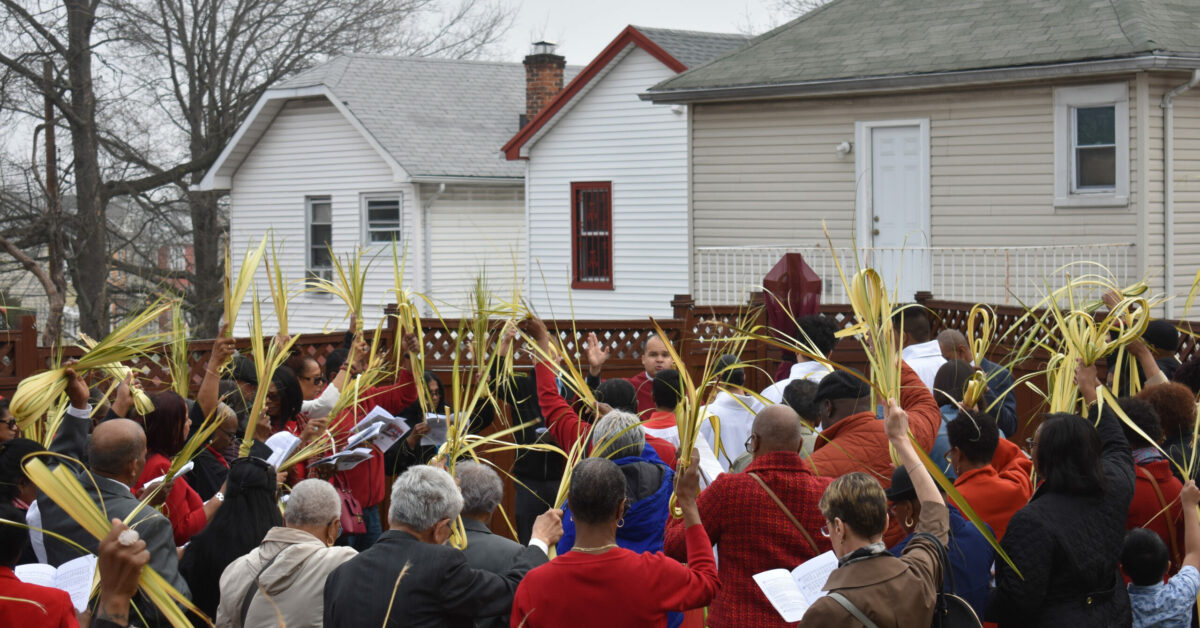Forging a Culture of Expectation for Transformation: The Impact of the Catechumenate
A lively catechumenate should lead to congregational growth, at least incrementally if not substantially. That should be an expectation that any congregation has at the beginning of a new catechumenal ministry. As Paul Hoffman says in his book, Faith Forming Faith,
There is a culture of expectation that living together under the cross of Chris creates….The willingness to accept that paradigm shift to a culture of expectation is primary. Before considering beginning the catechumenate in one’s congregation, the best question that a parish should consider is, ‘Are we prepared to welcome and expect that awesome, amazing grace of God that the newly baptized will surely bring us? In other words, will we recognize and welcome the unexpected presence of God’s grace when it appears?’ (Hoffman, Faith Forming Faith, 46-7).
The expectations nurtured by the catechumenate include the following (at minimum): An expectation for new people (mission and growth); an expectation for congregational transformation (lively faith); and an expectation for parish life renewed around the catechumenate.
Expectation for New People
The catechumenate nurtures the expectation that hospitality toward and committed attention to those exploring faith in God through Christ is at the center of congregational life. The catechumenate forms the mission of the church and the mission of the church fills the catechumenate with purpose and energy. Expecting new people constantly to be exploring the faith is an outcome of practicing the catechumenate as a fundamental expression of the church’s mission. As Diana Macalintal indicates,
Once the focus of baptism shifts from membership in the church to mission in Christ, other things change too. We start to see baptism more like a verb than a noun….Living the Christian way of faith requires, then, a daily discernment of how God is calling us to respond by faith to our baptism. How am I responding to God’s gift and living out the mission this gift gives me? And how do we teach others to respond by faith and take on the mission of Christ in the world? (Macalintal, Your Parish is the Curriculum, 17-18)
When such a missional response is forged, then we will expect a constant stream of new people.
Expectation for Congregational Transformation
At the center of the mission of the faith formation process is the baptismal paradigm of dying and rising, found throughout Scripture but voiced compellingly by Paul in Romans 6. Planting newcomers at the center of congregational life embeds the dying and rising pattern as the central way of understanding the shape of a congregation’s life. This process is about congregational transformation, not some program for welcoming new members. And this simply flows from our watershed baptismal event because from that day on the people of God in Christ are never not in formation until our baptism is completed in our death. We are constantly dying and rising, both as individuals and as congregations. Through the dying and rising pattern of the catechumenate, a congregation is called to be, and becomes, in Diana Macalintal’s words, a “place of lively faith” (Macalintal, 23).
Expectation for Renewed Parish Life
A place of lively faith will be a place that expects all aspects of its life to be renewed. A baptismal catechumenate at the center of parish life will encourage searching questions about the rest of the parish’s life. As Paul Hoffman contends,
In this bold new vision of living in the ancient Christians’ pattern of faith formation, we must see our life in church as fully immersed in the wonder of baptism. I propose that we rethink parish life in such a way that all we do is shaped by a reappropriation of our most basic and formative paradigm—the death and resurrection of Jesus, to which each of us is joined in our baptism (Hoffman, Faith Shaping Ministry, 3).
A lively catechumenate embeds the expectation that everything the parish is and does will orbit around the making of new Christians through the waters of baptism.
Hope-filled Expectations: The Fruits of a well-practiced, Spirit-anointed Catechumenate.
